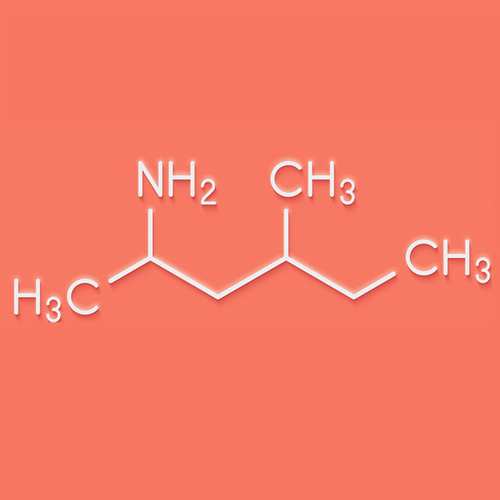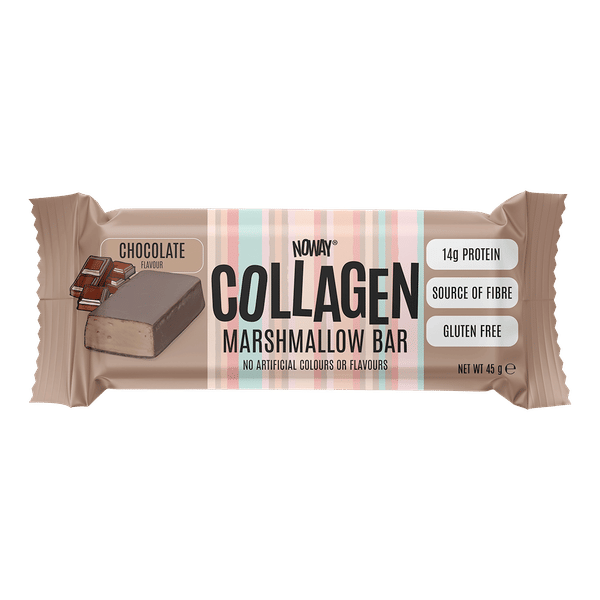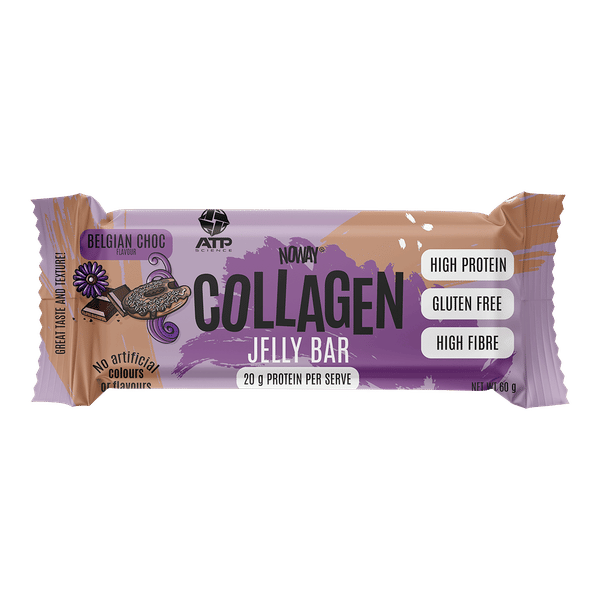
Background
Some products claim that 1,3-DMAA naturally comes from rose geranium oil. Supplements that contain this ingredient sometimes list rose geranium, geranium oil, or geranium stems on the label. However, laboratory analysis shows that this drug probably does not come from this natural source. It is thought that these manufacturers have artificially added this drug to the supplement rather than obtaining it from a natural source. 1,3-DMAA is considered a drug in Canada and is not permitted in dietary supplements or natural health products.
Many athletes take 1,3-DMAA to improve performance. However, 1,3-DMAA was added to the World Anti-Doping Agency's prohibited substances list in 2010. Therefore, competitive athletes should avoid taking it.
Due to safety concerns, 1,3-DMAA has been removed from military stores in the US. It has also been banned in New Zealand. The US Food and Drug Administration (FDA) considers supplements containing 1,3-DMAA to be illegal. Its use has been linked to several reports of serious, life-threatening side effects.
Safety Safety definitions
There have been several reports of dangerous side effects including stroke, a condition called lactic acidosis, heart attack, liver injury, and death in people who have taken 1,3-DMAA.
Special Precautions & Warnings:
Pregnancy and breast-feeding: There isn't enough reliable information to know if 1,3-DMAA is safe to use when pregnant or breast-feeding. Stay on the safe side and avoid use.High blood pressure: 1,3-DMAA might have stimulant effects and can increase blood pressure. If you have high blood pressure, avoid taking 1,3-DMAA.
Glaucoma: 1,3-DMAA might have stimulant effects and cause blood vessels to constrict. This could worsen some types of glaucoma. If you have glaucoma, avoid taking 1,3-DMAA.
Irregular heartbeat (heart arrhythmia): 1,3-DMAA might have stimulant effects and can cause a rapid heartbeat. This could worsen heart arrhythmias.
Surgery: 1,3-DMAA might have stimulant effects, so it might interfere with surgery by increasing heart rate and blood pressure. Stop taking 1,3-DMAA at least 2 weeks before a scheduled surgery.
Effectiveness
- Obesity. Early research shows that taking 1,3-DMAA doesn't seem to help with weight loss.
- Athletic performance.
- Attention deficit-hyperactive disorder (ADHD).
- Body building.
- Memory and thinking skills (cognitive function).
- Other conditions.
Dosing & administration
Interactions with pharmaceuticals
Medications changed by the liver (Cytochrome P450 2D6 (CYP2D6) substrates)
Interaction Rating=Moderate Be cautious with this combination.
Some medications are changed and broken down by the liver. 1,3-DMAA might decrease how quickly the liver breaks down some medications. Taking 1,3-DMAA along with some medications that are changed by the liver might increase the effects and side effects of your medication. Before taking 1,3-DMAA, talk to your healthcare provider if you take any medications that are changed by the liver.
Some medications that are changed by the liver include amitriptyline (Elavil), clozapine (Clozaril), codeine, desipramine (Norpramin), donepezil (Aricept), fentanyl (Duragesic), flecainide (Tambocor), fluoxetine (Prozac), meperidine (Demerol), methadone (Dolophine), metoprolol (Lopressor, Toprol XL), olanzapine (Zyprexa), ondansetron (Zofran), tramadol (Ultram), trazodone (Desyrel), and others.
Stimulant drugs
Interaction Rating=Moderate Be cautious with this combination.
Stimulant drugs speed up the nervous system. By speeding up the nervous system, stimulant medications can make you feel jittery and speed up your heartbeat. 1,3-DMAA might also speed up the nervous system. Taking 1,3-DMAA along with stimulant drugs might cause serious problems including increased heart rate and high blood pressure.
Some stimulant drugs include amphetamine, caffeine, diethylpropion (Tenuate), methylphenidate, phentermine (Ionamin), pseudoephedrine (Sudafed, others), and many others.
Interactions with herbs & supplements
Some of herbs and supplements with stimulant properties include ephedra, bitter orange, caffeine, and caffeine-containing supplements such as coffee, cola nut, guarana, and mate.
Interactions with foods
Action
Products
View all products- Erythritol
- Hydrolysed bovine collagen
- Sugar
- Vegetable fat
- Theobroma cacao (Cocoa powder)
- Sunflower lecithin
- Sea salt
- Natural flavours
- Water
- Corn maltodextrin
- Polydextrose
- Gelatin
- Agar-agar
- Potassium sorbate
- Stevia rebaubiana
- Glycerine






